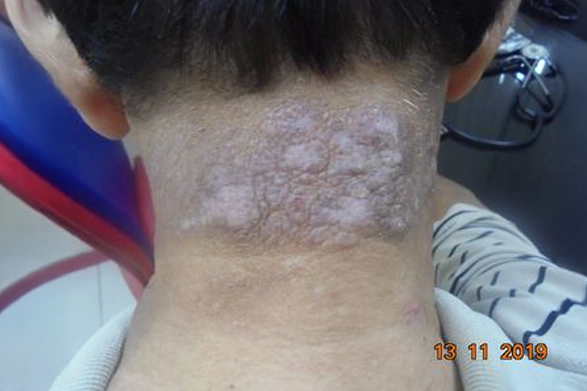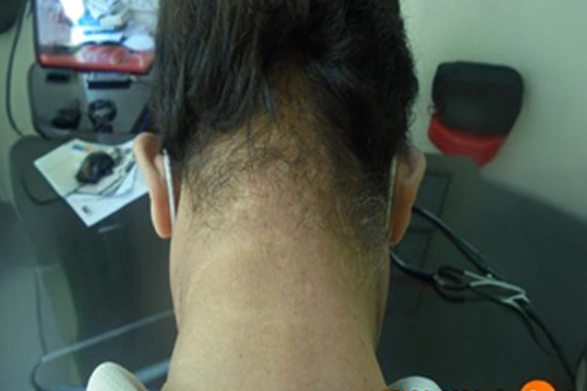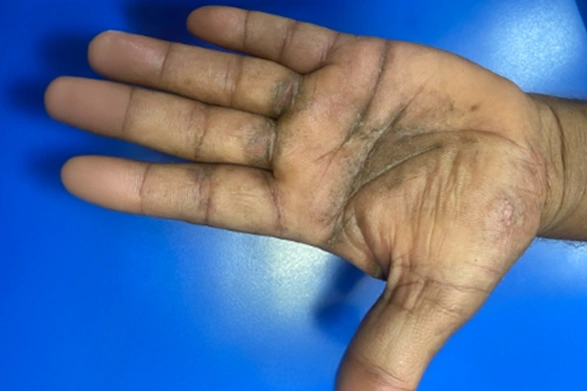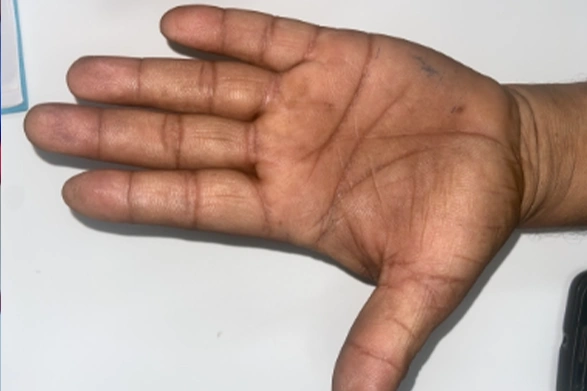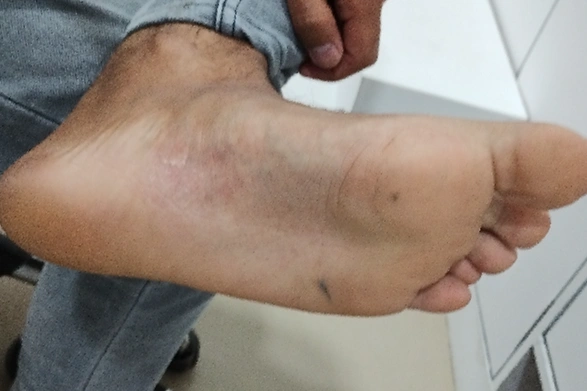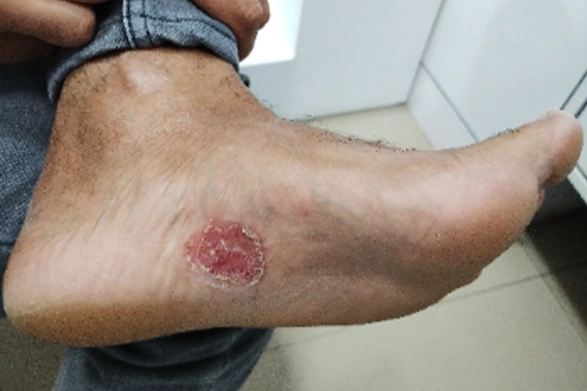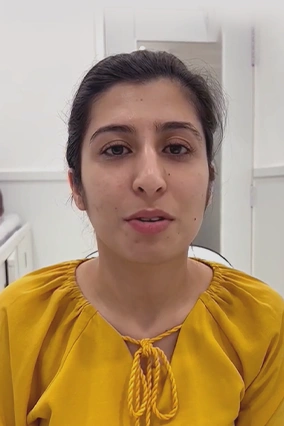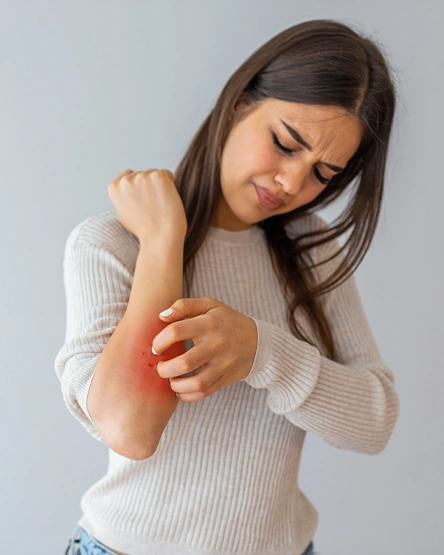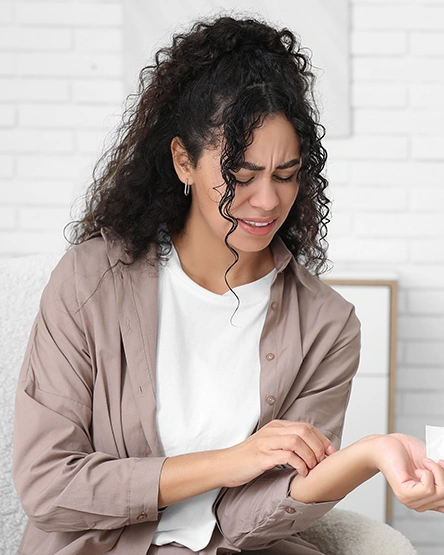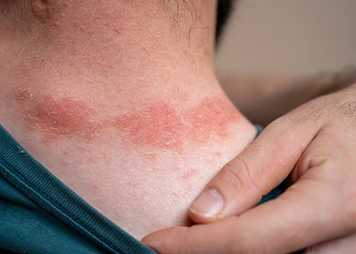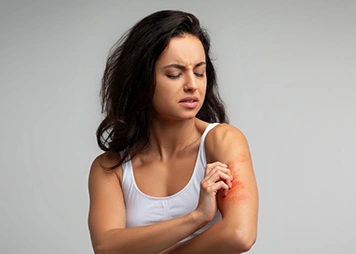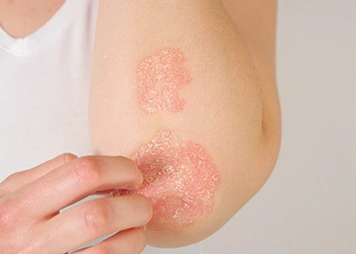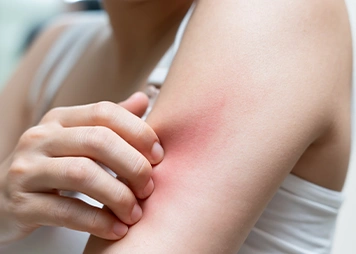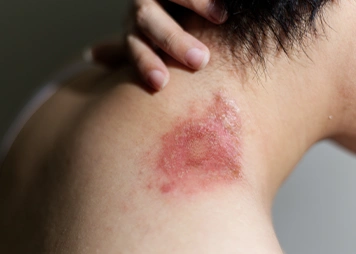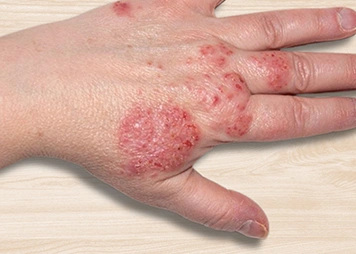✓ 40+ Years of Clinical Expertise
With over four decades of experience, Dr Batra’s® is India’s well-trusted name in eczema treatment in homeopathy. Our doctors have successfully managed thousands of cases of chronic and recurrent eczema across various age groups, using proven clinical expertise and careful diagnosis.
✓ Root-Cause Healing, Not Just Symptom Control
Our homeopathy treatment for eczema starts with identifying what triggers your flare-ups, including the allergies, immune imbalance, genetics, stress, lifestyle habits and digestive issues. Based on this, we prescribe the homeopathic medicine that works internally to calm inflammation, reduce recurrence, and strengthen skin immunity.
✓ Truly Personalised Treatment Plans
None of the eczema cases are same. Every patients recieves a personalised plan using the carefully selected homeopathic remedies for eczema, along with skin care routines, dietary guidance and trigger management. This personalised approach helps ensure safe, long-lasting improvement in skin.
✓ Safe, personalised and effective care
Our homeopathic medicine for eczema is natural and free from any steroids or any harsh chemicals. There are no flare-ups, no long-term dependency, and no skin thinning, making it suitable for children with sensitive skin and for those with chronic skin conditions requiring long-term care.
✓ Continuous Monitoring & Progress Tracking
Treatment progress is closely monitored through regular follow-ups, clinical photography and standardised skin assessment protocols. The dosages and remedies are refined over time to ensure controlled flare-ups, healing asnd long-term skin stability through homeopathy for eczema.
*Treatments are available at more than 200 clinics across India, Bangladesh, the United Kingdom, Malaysia, Thailand, Bahrain, and the United Arab Emirates.




